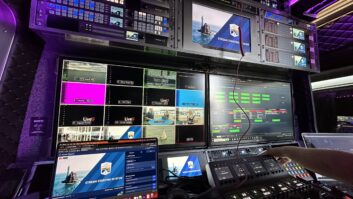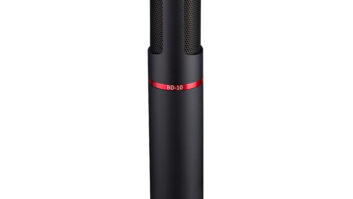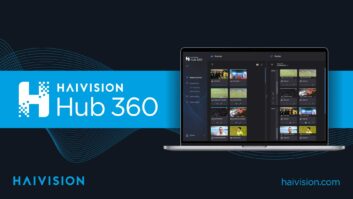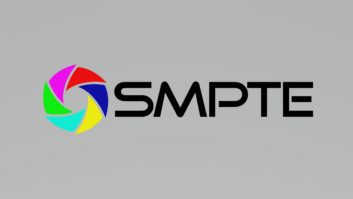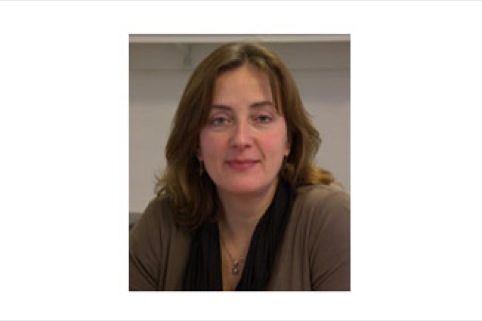
Ruth Sessions, director of operations at BAFTA-winning Atlantic Productions will be taking part in a panel discussion at next week’s Beyond HD Masters conference. The discussion, on ‘The grammar and presentation of Ultra HD’ will examine issues surrounding 4K live production, changes to production crafts that UHD may entail, new ways of presenting content, and more. TVBEurope acting editor Neal Romanek talks to Sessions ahead of the conference.
As director of operations at Atlantic, what has been your involvement with the company’s productions and its adoption of new shooting and display formats?
I schedule and budget our productions, agree the budgets with broadcasters, help our CEO and creative director Anthony Geffen with building the team to realise his vision, then oversee productions from a production management point of view. Anthony is a natural innovator – he loves new technology and new challenges and he’s fearless about heading into unknown territory. It’s my job to work out how to do it in terms of technology, people, everything! And I must make sure we’re thinking about how best to future-proof our content. In other words not only how we meet the technical shoot and delivery requirements of our co-production partner broadcasters– because we retain the rights and our content tends to have a long shelf-life editorially – but also I must try to think of the unknowns for TV delivery and for other platforms. We’re not only making TV, but Giant Screen films, apps and books.
What is the biggest challenge in image capture today? Are new formats and cameras making production easier or more complicated?
Both, I think! There’s more info, which gives more scope – but it requires more people and processes to manage it throughout the workflow. We now use DITs on location and sometimes more than one. And of course storage is expensive, and we have at least three copies of everything we shoot.
How do you select what formats to shoot and deliver a programme in? Is there always a pressure to employ the latest technology?
There’s often pressure from directors to use the latest kit. But it’s just about what’s the best solution for the job, bearing in mind the end delivery requirements. You take on board the suggestions, evaluate the options and hope you come up with the right solution.
What opportunities are there for experimentation in shooting when you’re working under tight budgets and schedules?
There is always room to innovate and experiment even with time and money constraints. In large part this is possible because of our partners like OnSight who provide kit, processing and post and a huge amount of R&D and to the amazing people who crew our productions. Their vision, experience and ability enables us to have the freedom to create innovative, landmark programmes. We’ve always enjoyed pioneering; setting ourselves a challenge then working out how to meet it – ie 3D macro, 3D timelapse , 3D Phantom work and recently 3D 5k Octocopter shooting.
Moving from HD to 3D to 4k, how have format changes and the changes in camera changed the physical production and logistics of shows?
There are always fresh challenges with each change. I think for me the biggest step was our move to 3D and 4k at the same time in 2010. The 3D rigs were large and heavy, and we had to shoot with prime lenses which made work much slower than we were used to. Now we have zoom lenses and lighter rigs – and a very experienced 3d 4k team who are working on our sixth 3D project – so it’s quicker. And a key change is to the production process; with 3D and 4k we spend longer planning, and we storyboard every shot, as there’s no scope for grabbing something on the hoof. So although we’re shooting a huge amount of data, there’s a much lower shoot ratio than on many HD shows. But we need more people, kit and processes on set to control the media ingesting and more equipment for media management, which would have been managed in the post house with tape-based workflows.
What do you see as the future of documentary imaging? Is it more pixels? Better pixels? Or is there a new way of interacting with the image on the horizon?
6k cameras for us, I hope, giving us scope with framing between Giant Screen and TV 4k. People are also looking for a more cinematic look in documentaries, so large sensors are coming into play a lot, getting the film feel and moving away from the interlaced broadcast look. Now digital technology has advanced so far, the possibility of such formats as Virtual Reality have also become an option to explore.
Why didn’t 3D take off as many hoped it would? Is there still a future in 3D production?
In terms of TV I think the consumer market and the amount of available content dictated the popularity of 3D. Atlantic and Sky’s collaboration, Colossus materially added to the amount of content with some amazing productions. I also think that the glasses may have put many people off. And also possibly the simple fact that many had just upgraded to HD sets and were reluctant to buy another when 3D arrived relatively soon after. I think the new glasses-free TVs might be a game changer. And whatever happens with 3D TV, I don’t think 3D is going away from theatrical and Giant Screen.
What is Atlantic Productions working on now?
We are currently working on a very exciting series with David Attenborough looking at the evolution of flight in both insects and birds. And another exciting 4k series which you’ll hear about soon…
What are you watching?
I don’t have as much time as I’d like. I loved Broadchurch, Girls and Gogglebox. At the moment I’m catching up on Horizons I’ve missed.
Taking part in next Tuesday’s conference panel alongside Sessions will be Richard Mills, CTO, ONSIGHT; and Simon Parnall, director new initiatives, service provider video software and solutions, Cisco. Tickets for Beyond HD Masters are still available from the event website. The conference takes place on 3 June at London’s BAFTA.


